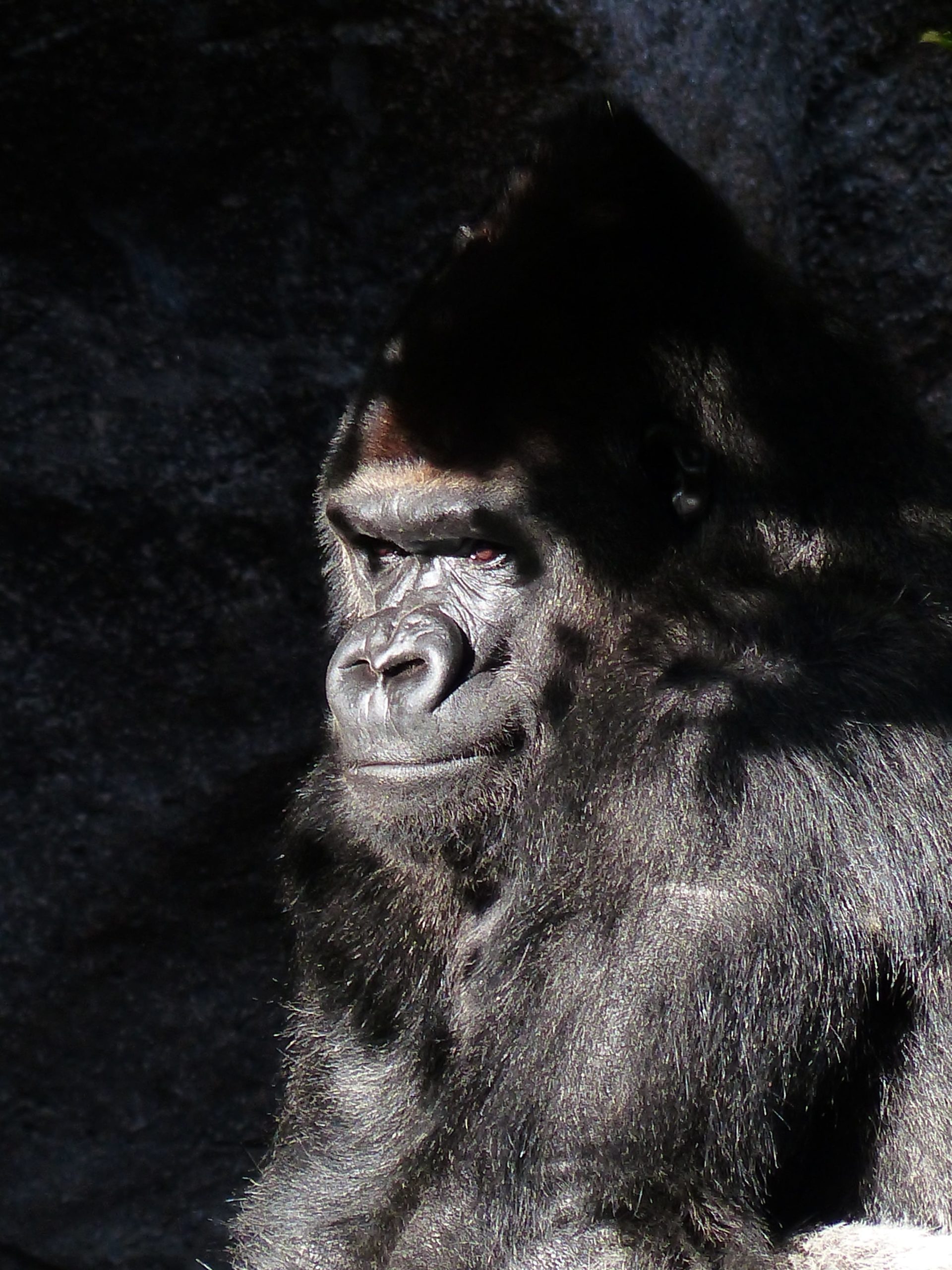
Leadership Lessons #5: Hierarchy
Arvid Buit | 18 May 2020
In this article I am going to tell you about hierarchy. It is one of the most interesting subjects in relation to leadership.
Being a leader makes you feel extremely safe and secure
A casestudy with Ursula
There is a large group of people in the world, stating hierarchy is a social concept. But they are wrong. In fact, they could not be more wrong. Because there is even a neurotransmitter in our brain, linked to this concept. It is called serotonine and like oxytocine it is a crucial element in understanding leadership.
Serotonine is what makes you feel safe or unsafe. In these series I bring back all these concepts to its most basic and best understandable form. So picture a horizontal line of serotonine. If it is low: you feel unsafe. And if it is very high, you veel safe.
This neurotransmitter is something we have in common with lobsters in the old days. Over 200 million years ago to be precise. But still today, scientist can experiment on lobsters and get the same results with serotonine as on humans.
Basically, and this is even more true for men than woman, if you are higher in ranks within a group, you will create more serotonine. So hierarchy is crucial for us to feel safe. If we are low in ranks within the collective, we feel unsafe and insecure.
But being a leader makes you feel extremely safe and secure. Try to feel that for yourself. Have you ever given a speech or lecture? Did you feel extremely insecure just before the start? And what happened as soon as you stept upon the stage and started talking? Most likely you calmed down and felt good. You felt powerful and strong. You might actually enjoyed it!
Well that is very understandable when looking at serotonine levels. I have worked with artists for over a decade and they felt this every single day. When you look at the crowd and are a bit nervous about you being good enough to perform, you will experience low serotonine levels.
You will feel unsafe, and from the old days that’s a proper response. Because this crowd could literally kill you. As soon as you step on stage, you experience their support, applause and attention. You are on the top of the hierarchy instantly. The serotonine levels will respond and make you feel good. And that’s why you will perform very well and even enjoy it while it lasts.
In leadership you will find a benefit of a low serotonine level. Yes indeed, it will make you feel unsafe. But with this, comes an incredible sensitivity. People in a leadership position, especially in times of crisis, need this element to enable themselves to analyse and decide in short amounts of time. Being extremely sensitive will help them to estimate situations, feel the right direction to move in, and assessing people on their competence and trust levels.
Imagine your company in critical times. When you have a leader feeling comfortable and safe, just taking his or her time and not able to assess quickly, he or she will not be able to steer the ship out of the storm. We need leaders to feel unsafe. That is one of the main reasons my third book will be called ‘Leadership hurts’. Because rarely leaders feel good and happy. It is not in their biochemical nature, and if they would feel good, they would not be as good in their job.
There are more neurotransmitters effecting this by the way, and I will address all of them in these series. Leaders can feel happiness and succes, but it is always momentarily and based upon result and recognition. But more about that in a later episode.
Back to the subject matter of this episode: hierarchy. On every level, on every place on earth and in every culture, both in the human and animal kingdom, we organise in hierarchy. The best predictors for a higher position are competence and reciprocity.
Often certain political groups will state it is all about power. But power and even violence can only bring you a high rank for a very short amount of time. If it concerns a dictator, but also in the animal kingdom.
With monkeys for example, a very strong and aggressive monkey can become the pact leader. He will sit on top of the mountain and kill everyone trying to push him off. However, he will not be able to stay strong forever. As soon as he weakens evens a bit, a few lesser and lower ranked monkeys will collide and reciprocally kill the alpha. So even in the animal kingdom there is no such thing as power based hierarchy.
Within the human side of things, I do agree that power corrupts and more often than not, leaders will misuse power in any form to even further establish their hierarchal position. This has everything to do with the ongoing need for new recognition and neurotransmitters like dopamine. That is exactly why good leaders surround themselves with non-threatening but smart and strong people helping them to keep away from corruption.
Leadership Lessons
For now let’s see what the main lessons are about hierarchy:- Hierarchy is with us for over 200 million years and is linked to the neurotransmitter serotonine
- Serotonine makes us feel secure and safe. Low levels will makes us alert and sensitive for danger
- The best predictor for a high hierarchical position are competence and reciprocity
- Hierarchy is not a social construct, however it is indispensable organising people in larger groups
- Corruption is an important risk when people stay on the top for too long without a proper team of strong people